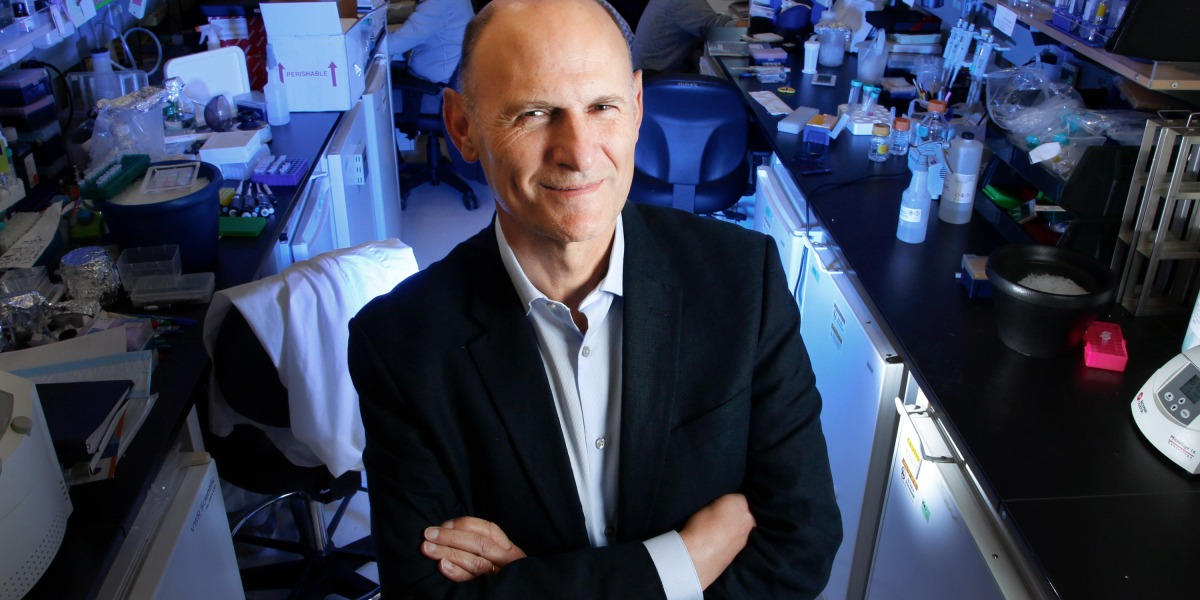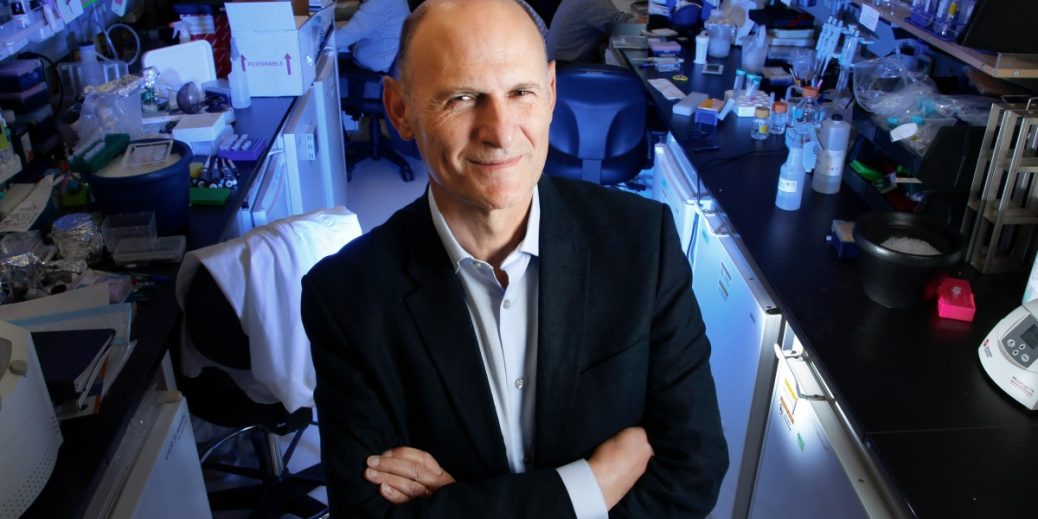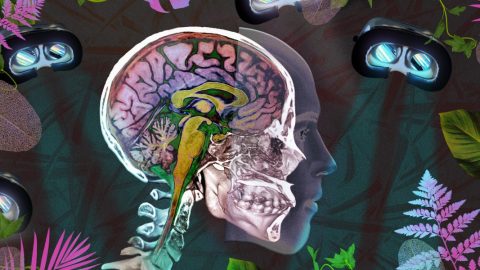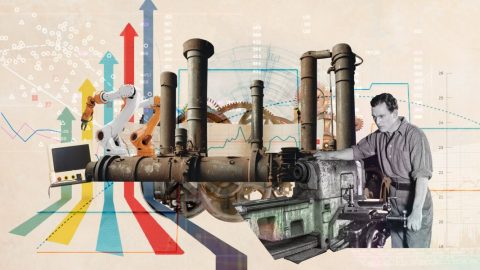
Broadly speaking, Belmonte says he believes “dysregulation” of these control systems is a fundamental process that underlies aging and many diseases.
To rejuvenate cells, Belmonte has been exploring a method of resetting the epigenome called ‘reprogramming.’ During his talk, Belmonte raced through examples of how reprogrammed cells become more resilient to stress and damage, and on the whole appear to act younger.
In one experiment, for example, he says his lab gave mice ultra-high doses of the pain-killer acetaminophen that are usually fatal. Yet if the mice are given a reprogramming treatment, which consists of special proteins called Yamanaka factors, half will survive. “We reduce the mortality about 50%, more or less” he says.
He also described experiments where mutant mice were allowed to gobble high-fat food. They became obese, but not if they were given a brief dose of the same reprogramming proteins. Somehow, he said, the procedure can “prevent the increase in the fatty tissue.”
So how is it that reprogramming can have such very different, but very helpful effects on mice? That is the mystery he’s trying to unravel. “I could go on and on and on about the…examples we’ve been using in the lab these last years,” Belmonte said. “You have to agree with me that this is a little strange, having one medicine that can cure all these things. “
So is this what the fountain of youth looks like? Many researchers remain skeptical and some say Belmonte’s dramatic claims should come with more proof. On Twitter, biologist Lluis Montoliu cautioned against “unjustified hype” and said researchers should “wait to see” scientific publications.
Junk DNA
Even as police kept onlookers away from the door, Belmonte unspooled evidence for what he says is a second way to produce rejuvenation results, one that Altos is also pursuing.
Some researchers suspect aging could cause our cells to lose control over some of so-called junk DNA that makes up 45% of our genomes and which is the residue of genes known as transposable elements, or jumping genes, which are able to copy themselves, a bit like a virus.






Recent Comments